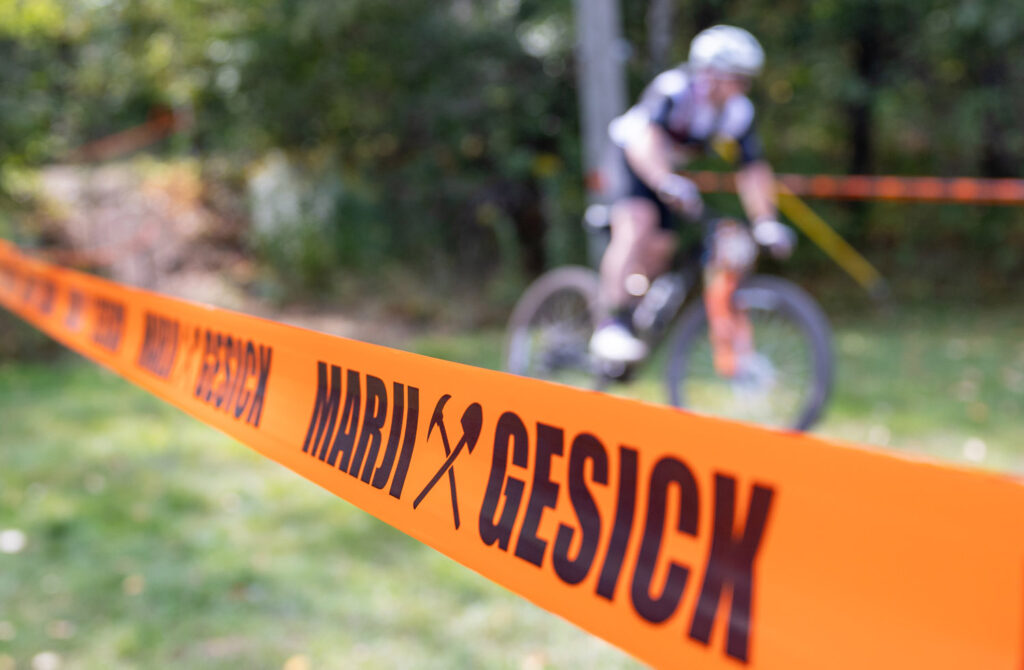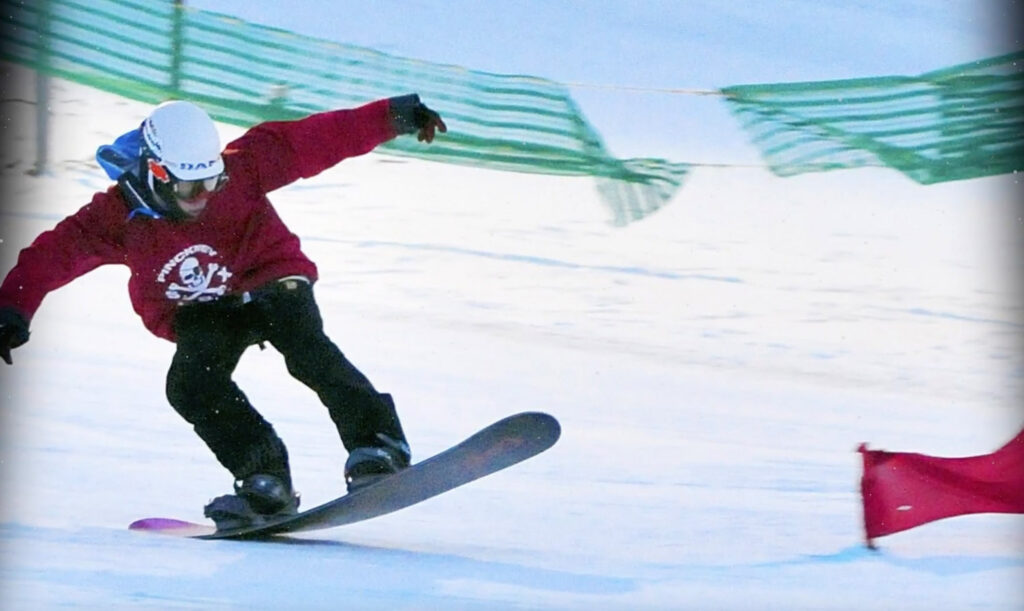Marquette — Many Michiganders have never heard the phrase Marji Gesick, and I would bet a large number of Yoopers do not know the saying comes from the Ojibwe Tribe and translates to “bad day.” So why would a mountain bike race be named after it?

Each fall, as the leafs begin to change, mountain bikers from across the country arrive in Marquette, not for the views of the U.P. but to push themselves to the limit and beyond.

There are multiple races that take place over the Marji Gesick weekend, but the draw comes from the 50- and 100-mile mountain bike events. Both courses wind through Marquette, Negaunee, and Ishpeming, tied together by stretches of the Iron Ore Heritage Trail and miles of rugged singletrack that thread between three historic mining towns.
Rooted in the heritage of the Ojibwe Tribe, the phrase Marji Gesick carries a sense of endurance and resilience and reflects a respect for facing challenges head-on.
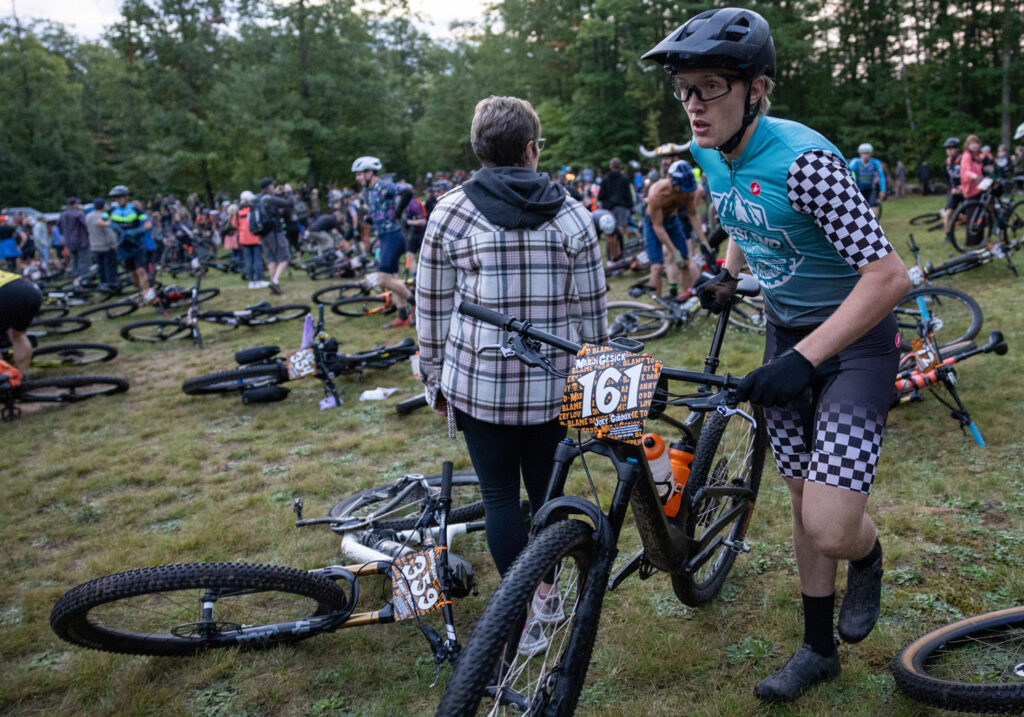
When race founders Danny Hill and Todd Poquette envisioned a mountain bike event in the Upper Peninsula, they drew inspiration from the same spirit.
They crafted a course through Marquette County’s rugged terrain, one designed to push riders to their limits with steep climbs, technical singletracks, and relentless miles.

From the start, the race was more than a ride; it’s a test of grit, determination, and the willingness to embrace the challenge of the U.P. ‘s backcountry.
To complete the 100-mile course, riders must collect tokens at several checkpoints scattered along the route, proving they’ve navigated the full course. These tokens aren’t just ceremonial, they’re required for official recognition at the finish.
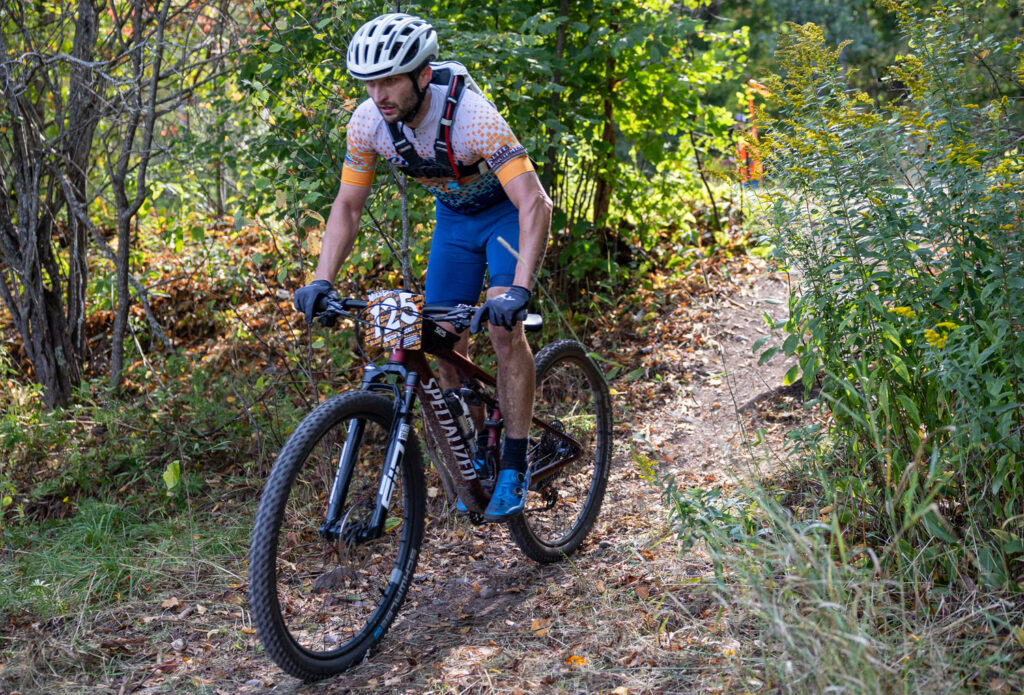
There’s a 12-hour cutoff to earn the coveted belt buckle, which is made out of 100% iron. This marks a true accomplishment: Riders who finish under the limit have conquered not only the miles and climbs but also the mental and physical grind that defines the Marji Gesick.

Three women—Kaitlyn Boyle, Krisity McBride, and Syd Schulz—all achieved what many thought was impossible this year. Each completed the grueling 100-mile mountain bike race in under 12 hours, earning the coveted Marji Buckle.
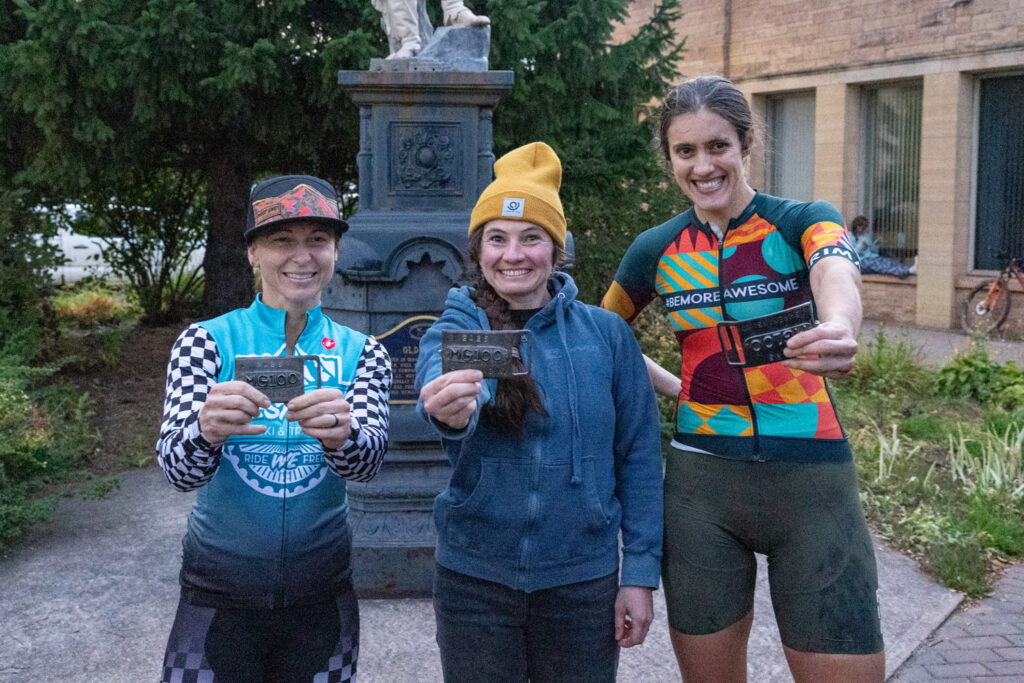
This milestone marked the first time in the race’s history that any women had finished under the 12-hour cutoff, breaking a long-standing barrier and redefining what’s possible in one of the nation’s toughest endurance events.

It proved that limits are meant to be pushed and rewritten. The achievement of these three women wasn’t just a victory for them, it was a reminder that even in a race built around having a “bad day,” determination and perseverance can turn it into something extraordinary.

The Marji Gesick continues to push limits of what’s possible on two wheels, drawing riders from across the country to tackle its unforgiving trails.
From its Ojibwe-inspired name to the grueling 100-mile course, the race is a celebration of facing your own “bad day” head-on, proving that even the toughest challenges can be overcome with grit, courage, and perseverance.
Adam Vander Kooy is a photojournalist in West Michigan.
